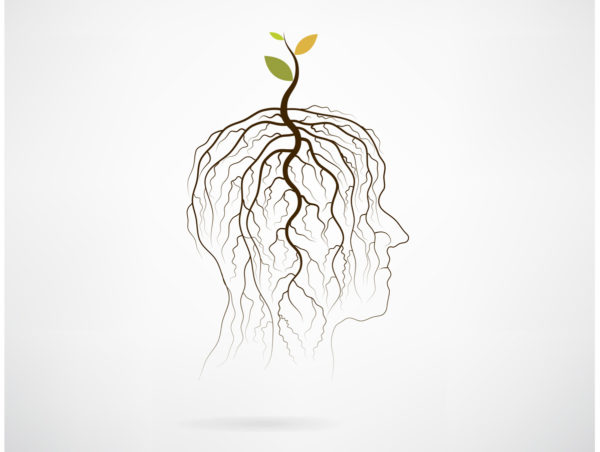Featured Finding
Human brain mapping.
Ongoing Studies
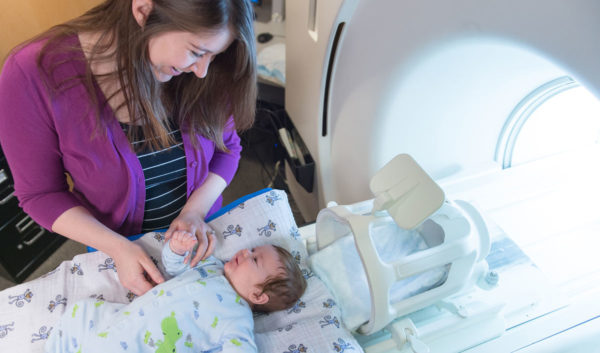 Baby Brain and Behavior Project
Baby Brain and Behavior Project
Our researchers are learning more about how very early experiences influence the developing brain and child well-being.
 Body Awareness, Mindfulness and Mind-Body Coherence
Body Awareness, Mindfulness and Mind-Body Coherence
How does the relationship between mental and physical stress impact well-being?
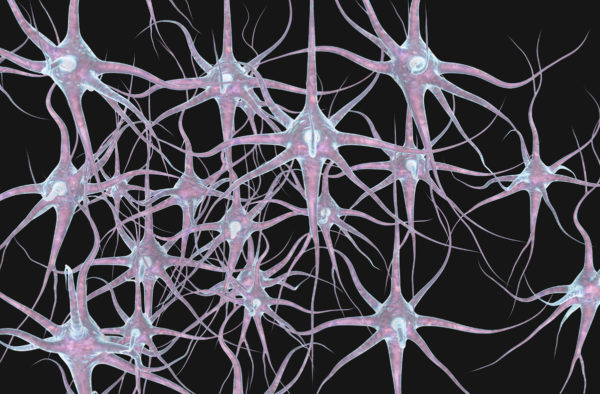 Cognitive Control and the Regulation of Emotion, Attention and Pain
Cognitive Control and the Regulation of Emotion, Attention and Pain
Are people who are better at controlling their attention, emotion or pain responses in a laboratory setting more successful at carrying that skill into daily life?
 Conceptions of Mindfulness
Conceptions of Mindfulness
Scholars at the Center examine perceptions and experiences related to mindfulness and how they contribute to studying differing practices.
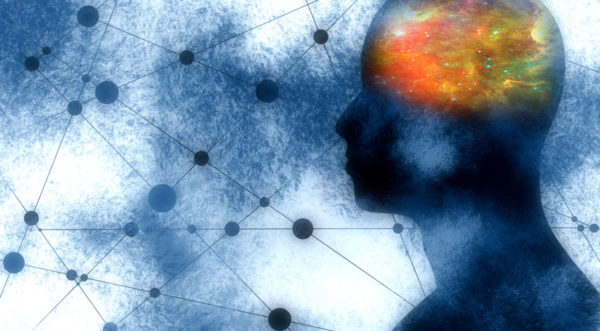 Emotion and Wellness Study
Emotion and Wellness Study
How do people experience emotions over a period of time and what does that say about their resilience and well-being?
 Examining Individual Differences in Contemplative Practice Response
Examining Individual Differences in Contemplative Practice Response
This study seeks to build upon knowledge from Tibetan medicine through examining well-being data and microbiome measures on a variety of people with varying levels of meditation training who have participated in previous intervention studies to gain a better understanding of what works for whom and why.
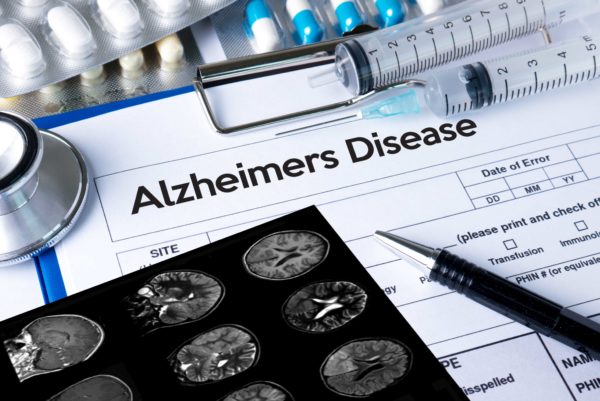 Examining the Relationship Between Emotion and Preclinical Alzheimer’s Disease
Examining the Relationship Between Emotion and Preclinical Alzheimer’s Disease
Center for Healthy Minds researchers are examining how emotion may play a role in the development of Alzheimer’s Disease.
 Investigating Neuroplasticity Associated with Cognitive Training in Young Children
Investigating Neuroplasticity Associated with Cognitive Training in Young Children
How does a cognitive training program impact brain development in 6-year-old children?
 Mapping the Interface between Meditation and Neuroscience
Mapping the Interface between Meditation and Neuroscience
Center researchers and collaborators are building new approaches to understand the links between traditional contemplative perspectives and scientific theory to better study the scientific effects of meditation training on the brain, body, mind and behavior.
 Midlife Development in the United States
Midlife Development in the United States
Our scientists examine how individual differences in emotional reactivity and recovery to emotional stimuli, brain structure and patterns of brain activity are related to life experiences, personality, behavior, health and well-being across the adult lifespan in a large national longitudinal sample.
 Smiling Faces Task and Responses to the COVID-19 Pandemic
Smiling Faces Task and Responses to the COVID-19 Pandemic
Following up with past research participants about the pandemic's impact on their lives and their current psychological outlook.
 The Field Study of Long-term Meditation Practitioners and the Tukdam Post-death Meditative State
The Field Study of Long-term Meditation Practitioners and the Tukdam Post-death Meditative State
A global community of field researchers are collaborating on a study of an ancient monastic post-mortem meditative state known as tukdam, practiced by present-day expert Tibetan Buddhists and how such a practice might offer insight into mental, spiritual, and physical well-being during the death process, both for the dying and for their support community.
 Understanding Mindfulness through Buddhist Contemplative Practice
Understanding Mindfulness through Buddhist Contemplative Practice
How can Buddhist traditions influence the study and practice of mindfulness today?
 Understanding the Mechanisms of Well-Being Training in Adults with and without Asthma
Understanding the Mechanisms of Well-Being Training in Adults with and without Asthma
Center scientists and collaborators examine the impact of well-being training.
 Viewing Depression Through an Evolutionary Lens
Viewing Depression Through an Evolutionary Lens
Can we use an evolutionary perspective to better understand depression?
